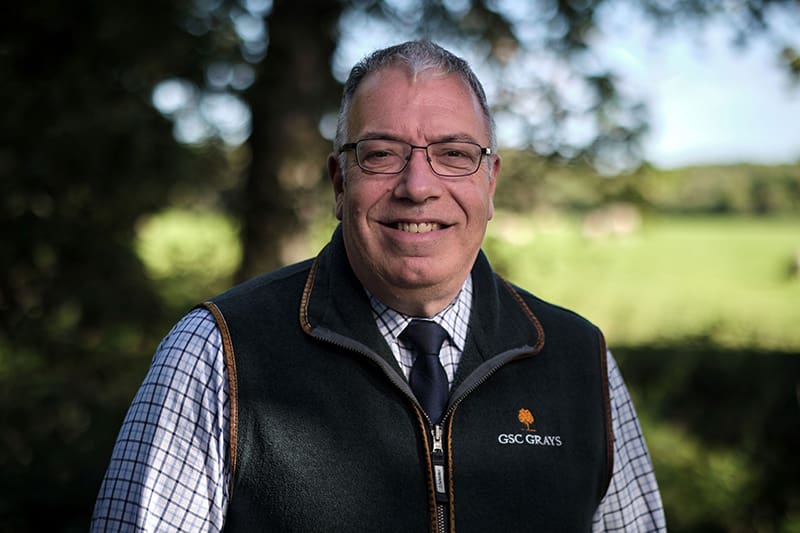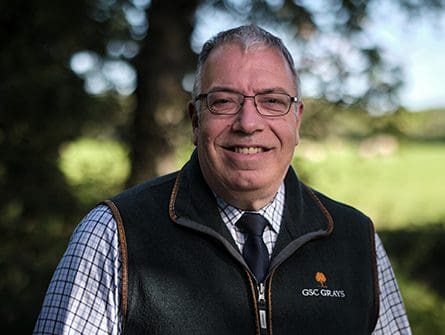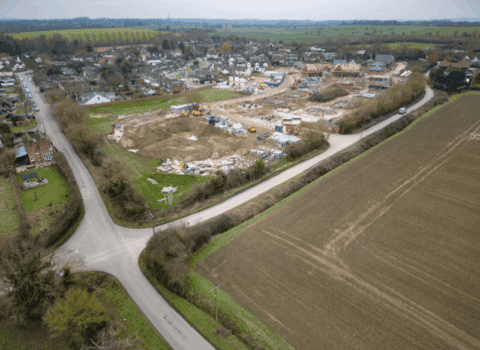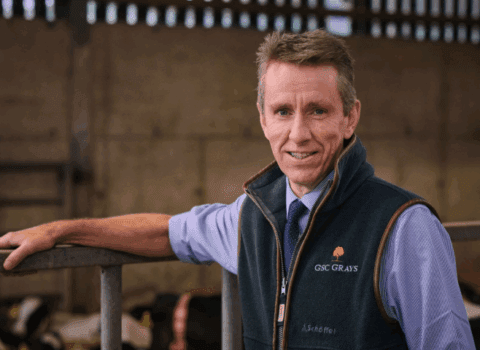Contact our offices
Main office
COLBURN
5 & 6 BAILEY COURT
COLBURN BUSINESS PARK
RICHMOND
NORTH YORKSHIRE
DL9 4QL
Estate Agency Offices are located in
BARNARD CASTLE, BOROUGHBRIDGE & RICHMOND
Residential Management Team
Our Offices
- Alnwick
01665 568310
Email Officealnwick@gscgrays.co.uk - Barnard Castle
01833 637000
Email Officebarnardcastle@gscgrays.co.uk - Boroughbridge
01423 590500
Email Officeboroughbridge@gscgrays.co.uk - Chester-Le-Street
0191 3039540
Email Officechester-le-street@gscgrays.co.uk - Colburn
01748 897630
Email Officecolburn@gscgrays.co.uk - Driffield
01377 337180
Email Officedriffield@gscgrays.co.uk - Hamsterley
01388 487000
Email Officehamsterley@gscgrays.co.uk - Hexham
01434 611565
Email Officehexham@gscgrays.co.uk - Kirkby Lonsdale
01524 880320
Email Officekirkbylonsdale@gscgrays.co.uk - Penrith
01768 597005
Email Officepenrith@gscgrays.co.uk

Spending review leaves farmers in the dark over future funding
The recent Spending Review from Chancellor Rachel Reeves confirmed that DEFRA’s Farming and Countryside Programme (FCP) budget will drop sharply to £2.3 billion in 2026-27, prompting fresh discussion across the farming sector about the future of support schemes.
While the Review was better received than many expected, there’s still little clarity on how the funding will be allocated or what it means for farm businesses. While the government has pledged to invest over £2.7 billion a year in sustainable farming and nature recovery from 2026 to 2029, many farmers remain unsure how the money will be allocated, or whether it will reach them at all.
Despite the headline figure, there’s growing concern this actually amounts to a real term funding cut, not a boost. According to the NFU, while an average of £2.7 billion per year has been committed to farming and nature recovery from 2026–27 to 2028–29, this includes a £100 million cut to the FCP. Funding for the FCP will total £2.3 billion annually during this period – down from £2.4 billion per year between 2020/21 and 2024/25.
Many farmers now see this as the beginning of the end for government support and are focusing on setting up their businesses to survive and ultimately thrive without it.
The burning question for the farming industry is: Can our businesses rely on an income stream that is both uncertain and unclear? I would say no.
In this difficult situation farmers need to focus on ‘controlling the controllables’ and identify potential areas where they can increase income and reduce costs to bolster profitability.
Previously, when the SFI scheme was up and running we could put that in the controllable part of the business, however, for now we can’t.
The government say they are reviewing the SFI and there will be an announcement in due course. The expectation for most people is they will announce something later this year, with applications to be submitted in early 2026. However as yet, there’s been no official announcement.
Due to the way the government have treated farming over the last six to nine months, many farmers are sceptical about the future and are worried the government will move the goal posts further down the line. I am also concerned the cuts will keep coming.
Government support should therefore be seen as the icing on the cake or a catalyst for diversification, not an integral part of a farmer’s business strategy.
I think many will now say: “We are going to try and make the business resilient based on our actions rather than reliant on government funding because of the lack of certainty.” Consequently, they’re not going to have the government funding pot as central to their strategy going forward as probably was the case even six months ago.
Instead farm businesses are identifying ways to make their businesses more resilient. One client, for example, found they could add value simply by changing how their grain was stored. Instead of mixing it with other batches and selling it as generic feed wheat, they began managing storage more carefully to keep specific varieties separate.
By paying a little more attention to detail, they were able to meet certain specifications and access higher value markets, earning an extra £8-10 per tonne. That translated to around £35 more income per acre, effectively replacing nearly half the lost BPS payment through one practical change.
The reality is, given the current uncertainty, farmers continuing to farm as they always have won’t be sustainable. That’s why a change of mindset is so important and getting the right advice to help navigate what could be the new “normal” is crucial in these challenging times.


GSC Grays News
GSC Grays launch innovative tool to unlock short-term funding for farm businesses
Read more







